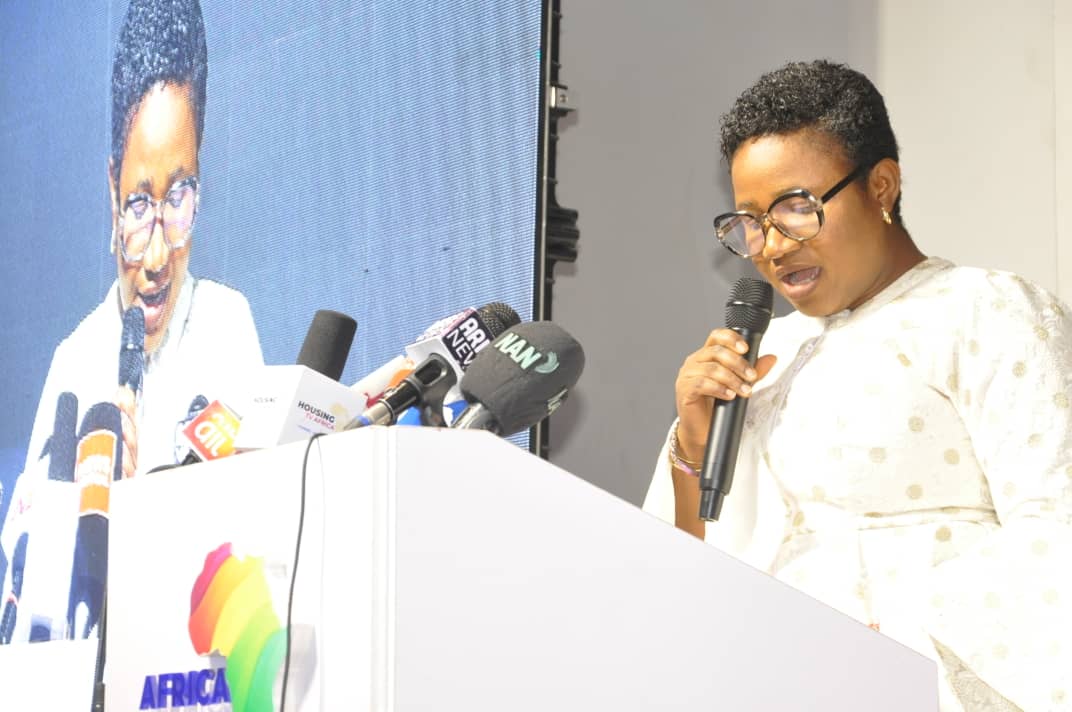National News
How to stay safe online as a journalist

As a journalist, staying safe online is crucial to protect yourself, your sources, and your work from potential threats.
Here are some tips to help you stay safe online:
1. Use strong passwords: Use unique and complex passwords for all your online accounts, and consider using a password manager to keep them secure.
2. Enable two-factor authentication: Add an extra layer of security to your accounts by enabling two-factor authentication, which requires a second form of verification, such as a code sent to your phone or a biometric scan.
3. Use a virtual private network (VPN): A VPN can help protect your online activity from being intercepted or monitored by encrypting your internet connection.
4. Keep your software up to date: Regularly update your operating system, browser, and other software to ensure you have the latest security patches and features.
5. Be cautious with emails and attachments: Avoid opening suspicious emails or attachments, and never click on links from unknown sources.
6. Use secure communication tools: Use end-to-end encrypted messaging apps, such as Signal or WhatsApp, to communicate with sources and colleagues.
7. Protect your sources: Use secure methods to protect the identities of your sources, such as using secure dropboxes or encrypted email services.
8. Monitor your online presence: Regularly search for your name and other identifying information online to see what information is available about you.
9. Use a secure browser: Consider using a secure browser, such as Tor, to protect your online activity from being tracked.
10. Stay informed: Stay up to date with the latest online security threats and best practices, and attend training sessions or workshops to improve your online security skills.
Additionally, consider the following:
Use a password-protected notebook or journal. Keep your notes and research secure by using a password-protected notebook or journal.
Use a secure cloud storage service: Use a secure cloud storage service, such as Dropbox or Google Drive, to store your files and documents.
Be mindful of your social media presence: Be careful what you share on social media, and consider using a separate personal and professional account.
Use a secure internet connection: Avoid using public Wi-Fi or unsecured internet connections, especially when working on sensitive stories.
Consider using a security audit tool: Use a security audit tool, such as Have I Been Pwned, to check if your email address or password has been compromised in a data breach.
By following these tips, you can help protect yourself and your work from potential online threats and stay safe as a journalist.
Eddy Erute
-

 Security2 days ago
Security2 days agoAir Chief orders higher vigilance, commits to modernised air power strategy
-

 NUJ FCT14 hours ago
NUJ FCT14 hours agoNUJ FCT 2025 carol hails Journalists for truth, peace, development
-

 News13 hours ago
News13 hours agoAfrica faces 130m housing deficit by 2030, $1.4trn in finance gap, minister warns
-

 News13 hours ago
News13 hours agoHousing sector: HDAN vows Zero Tolerance for Scammers, pledges vigilant oversight for professional excellence
-

 News1 day ago
News1 day agoDiesel shortage disrupts telecom services in parts of Abuja — NCC
-

 News1 day ago
News1 day agoGrace Ike makes strong case for journalists’ housing at Africa Housing Awards 2025
-

 World News9 hours ago
World News9 hours agoNamibia to tackle 88% urban informal settlements — Sankwasa
-

 News6 hours ago
News6 hours agoMOFI CEO Takang wins Housing Finance Personality of the Year 2025














